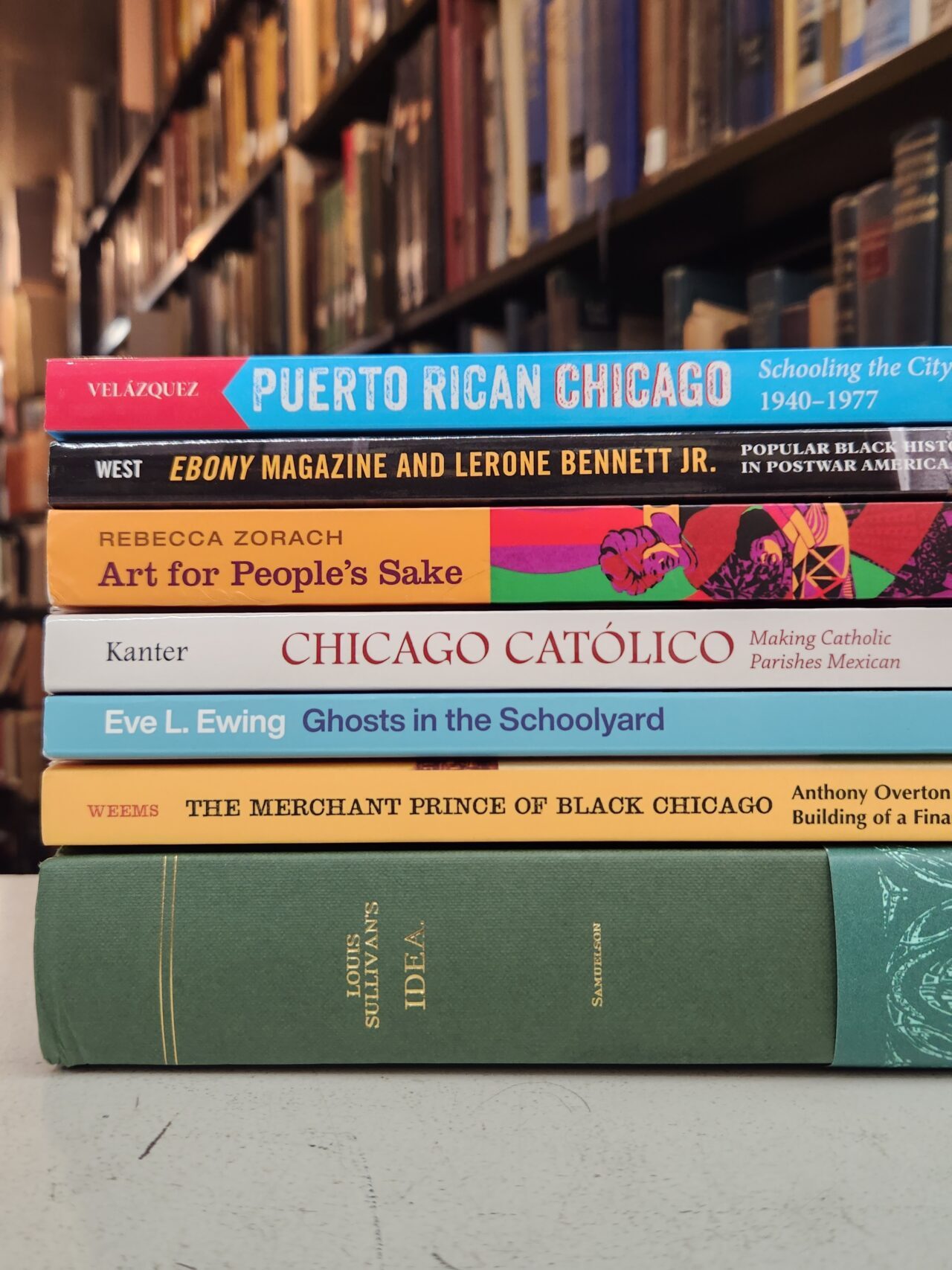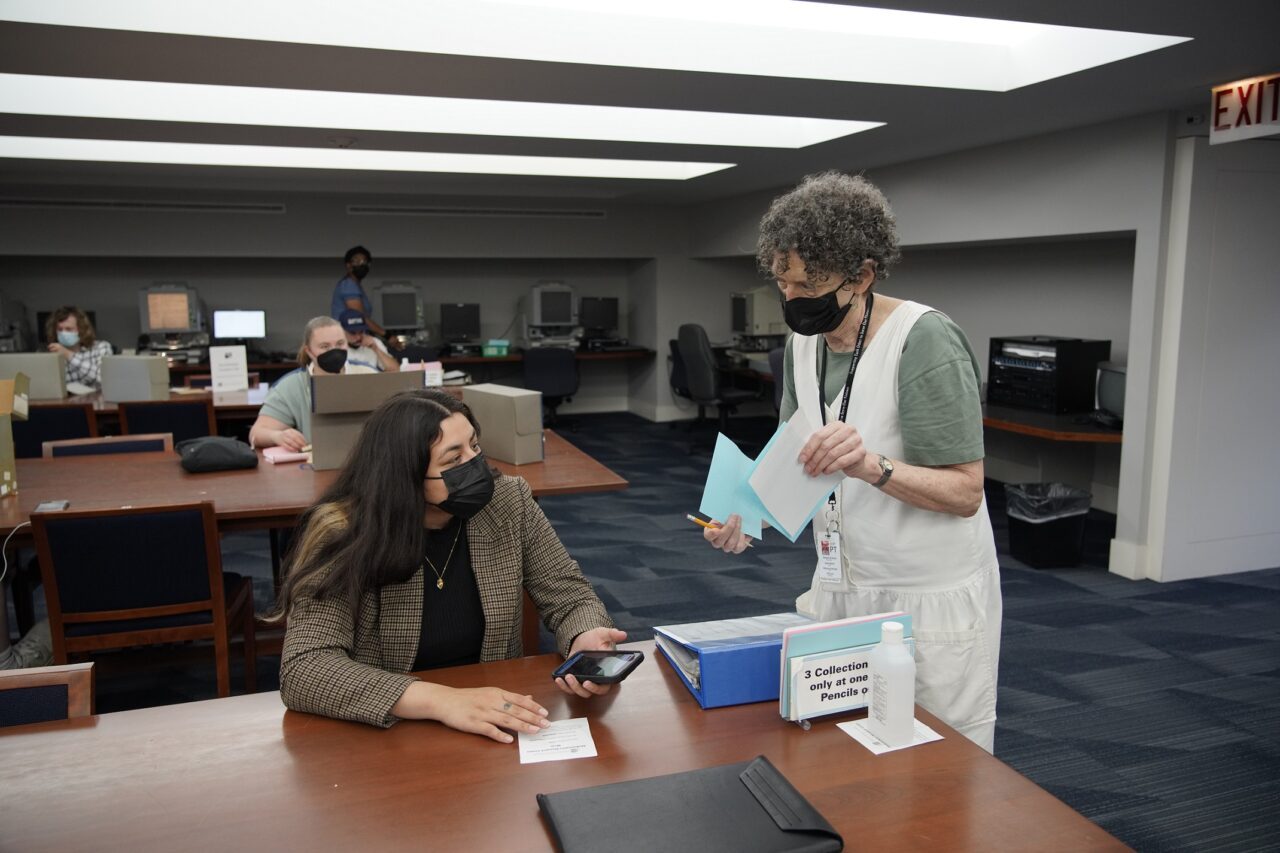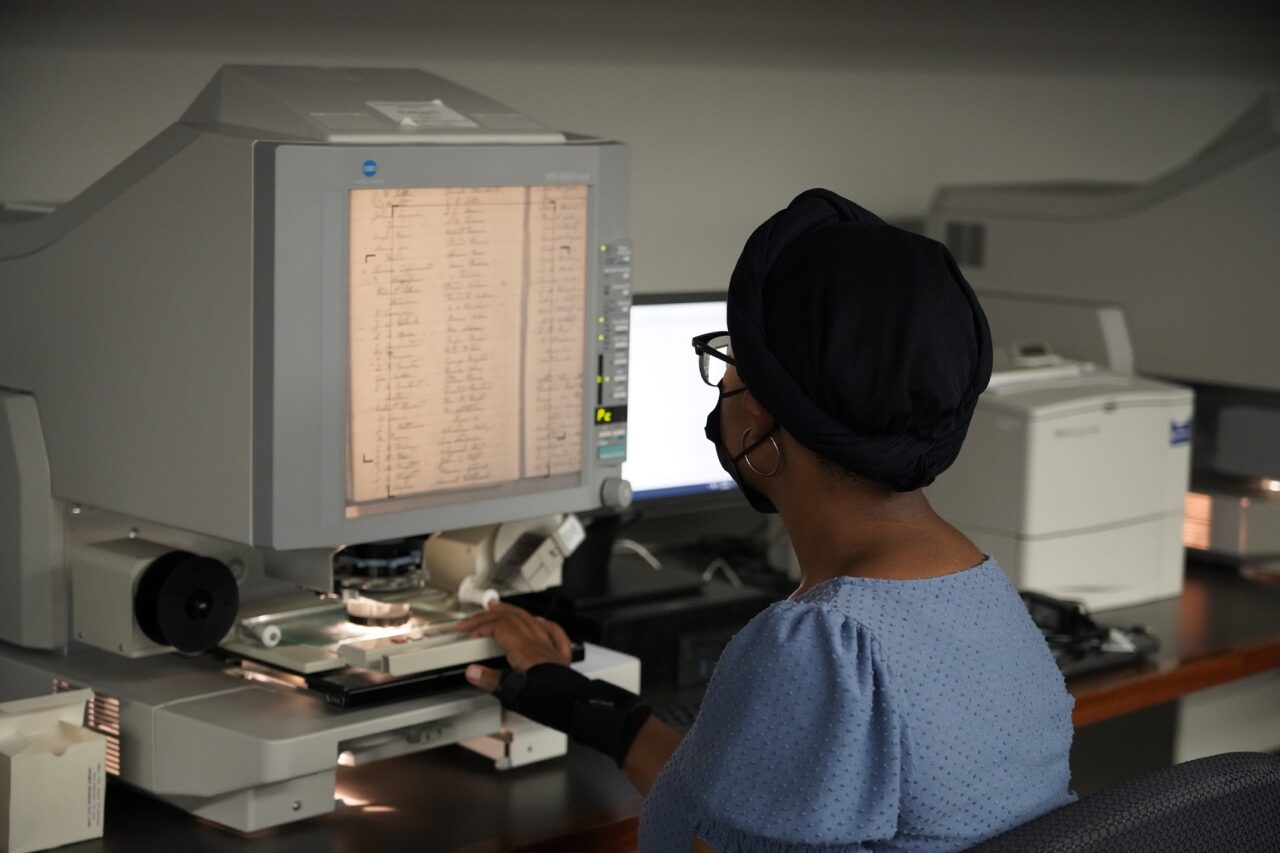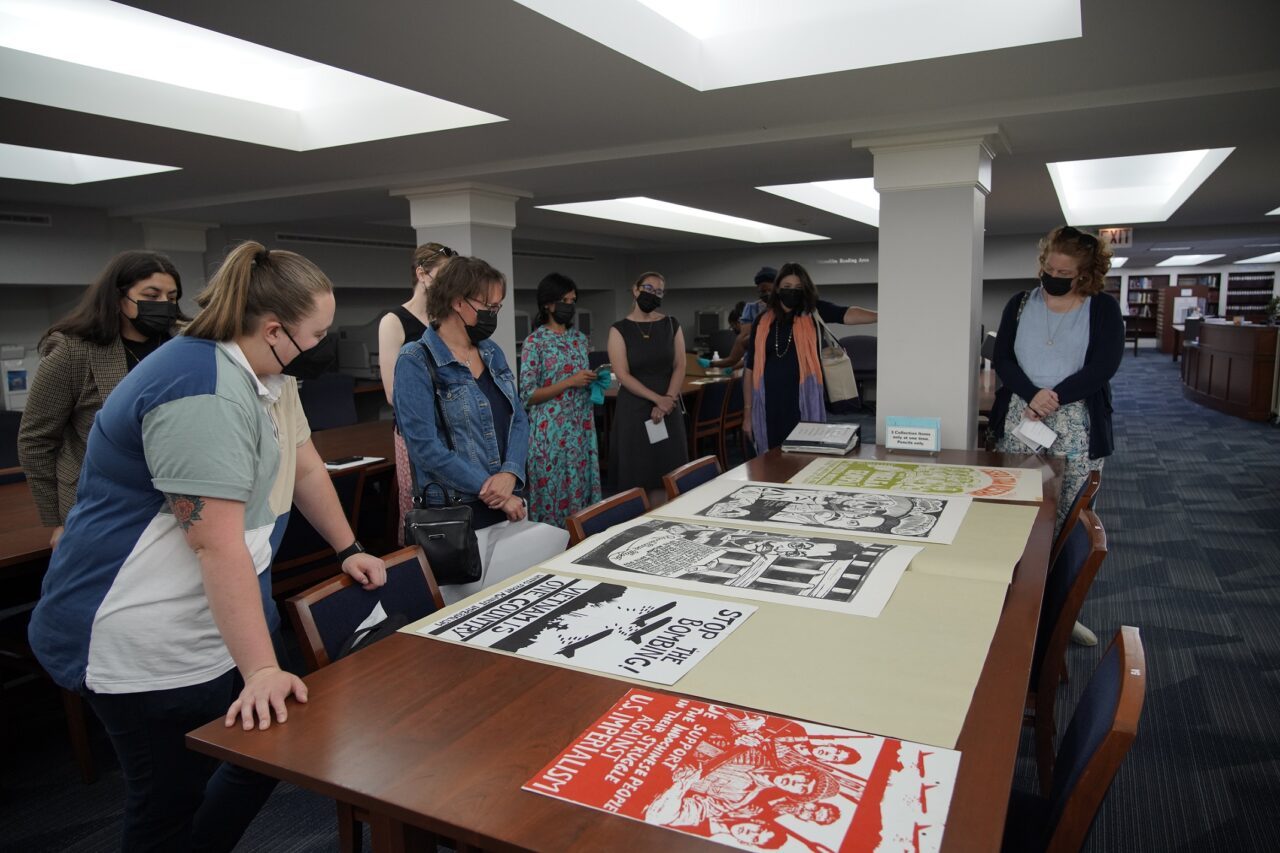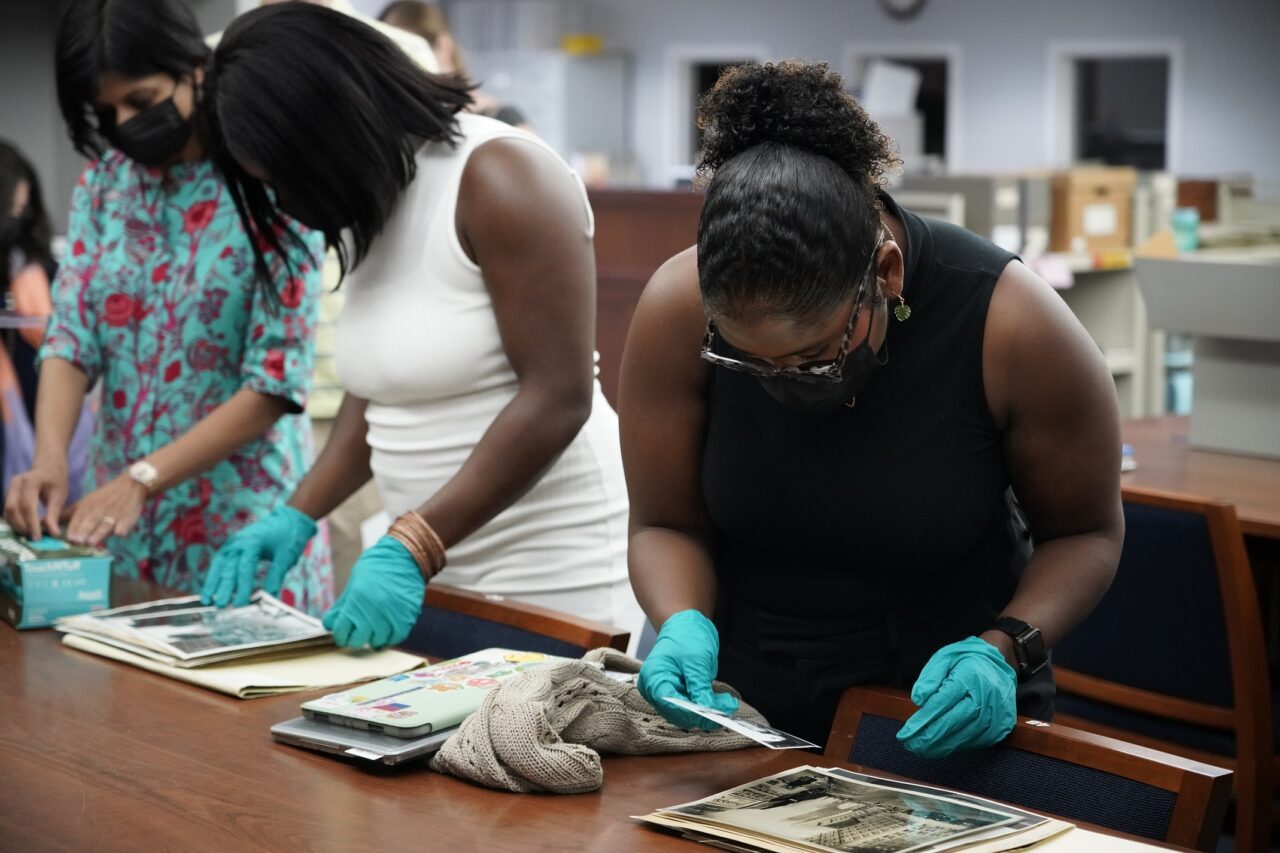Abakanowicz Research Center
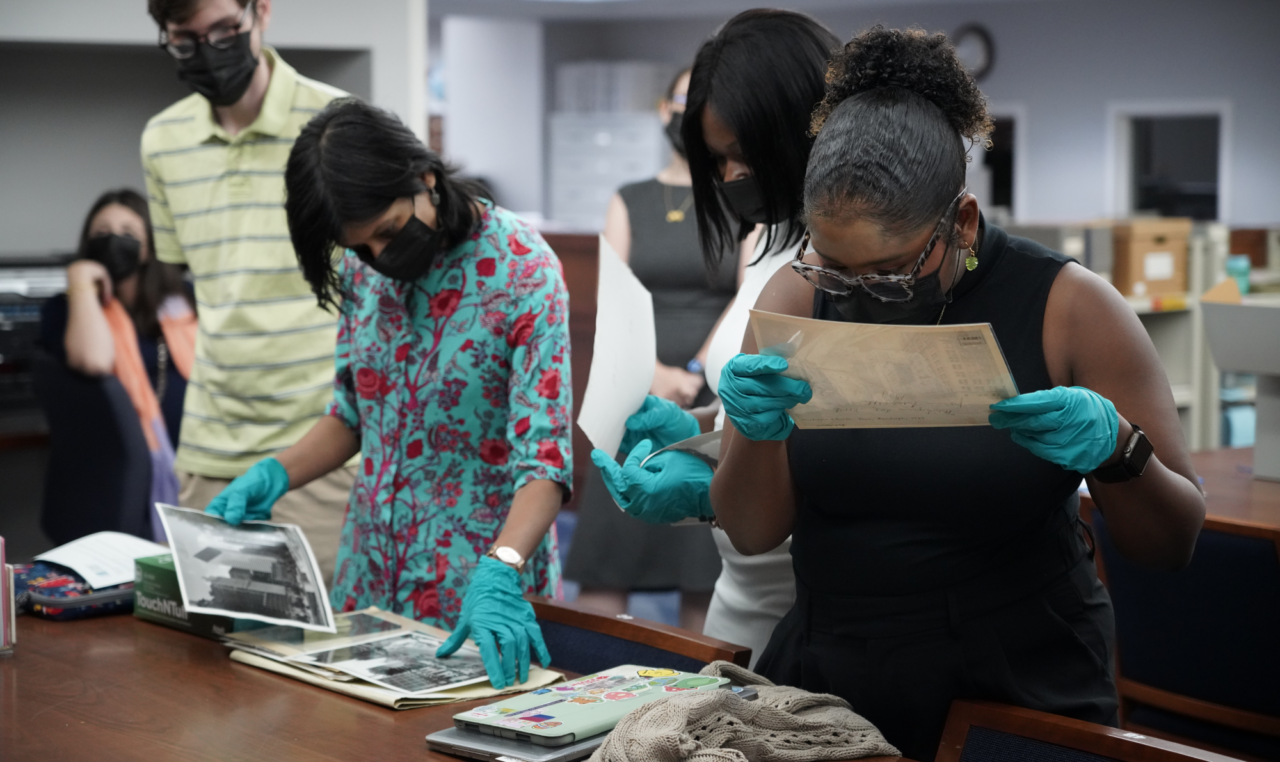
![]() The Abakanowicz Research Center (ARC) requires visitors to wear masks. We thank you in advance for helping us maintain a safe environment for staff and visitors. Learn more about the Museum’s safety policies and procedures.
The Abakanowicz Research Center (ARC) requires visitors to wear masks. We thank you in advance for helping us maintain a safe environment for staff and visitors. Learn more about the Museum’s safety policies and procedures.
Current Hours
CHM is currently evaluating how the ARC can best serve our visitors and researchers, including with our hours of operation. While this work is underway, we’re operating under the below-listed temporary hours. Thank you for your understanding as we make thoughtful improvements.
Wednesday–Friday, 12:00–3:00 p.m., by appointment only
Appointments must be booked in advance. Please note: Material will be paged on demand, not in advance. Paging will end at 2:00 p.m.
Researchers will be able to make an appointment until the night before. We have a tool to remind researchers to make an appointment.
Set Up a ReminderAbout Us
The Abakanowicz Research Center (ARC) holds the Research Collections of the Chicago History Museum, which comprise printed material, archives and manuscripts, prints and photographs, architectural drawings, and assorted ephemera.
Admission to the ARC is free. Children under 6 will not be admitted. Please note that masks are still required.
We encourage you to email research@chicagohistory.org to ensure that an on-site visit is best for your needs. If you have identified items in the online catalog that need advance request, please email us at research@chicagohistory.org
Search our research collection
Indigenous Histories in the Research Collection
We are currently assessing research materials that relate to or depict sacred, funerary, and culturally sensitive Indigenous practices, in connection to NAGPRA requirements for object repatriation and restriction. Out of an abundance of caution we are currently reviewing access requests relating to these materials on a case-by-case basis. Depending on the contents of a collection, patron requests may be denied until a further review can be conducted. Email research@chicagohistory.org with any questions about access.
Policies and Technology
Much of our material is fragile; please respect the following policies:
- Pencils only
- Cell phones silent
- No food, drink, or gum
We have 6 PCs in the ARC with access to our online resources: the ARCHIE catalog, historical Chicago Tribune and Chicago Defender database, Sanborn Maps, and more!
Have a laptop or tablet? Wi-Fi is available; please ask for the password at the reference desk.
Before You Visit
When you check in at the Museum’s Ticket Desk, you will be asked to:
- Present a valid driver’s license, state-issued identification card, or passport
- Check coats, backpacks, and oversized bags in the Museum’s free coat check. The ARC has free lockers available for purses.
Helpful links:
- Guide to the Abakanowicz Research Center: An in-depth guide to the Chicago History Museum’s Abakanowicz Research Center, including hours, access, policies, subject guides, and other useful resources.
- ARCHIE Online Catalog: Search ARCHIE for information on the Museum’s holdings that are served through the ARC. Materials described in ARCHIE include manuscripts; books and periodicals; and photographic materials. Please note that while this resource is extensive, it is not exhaustive.
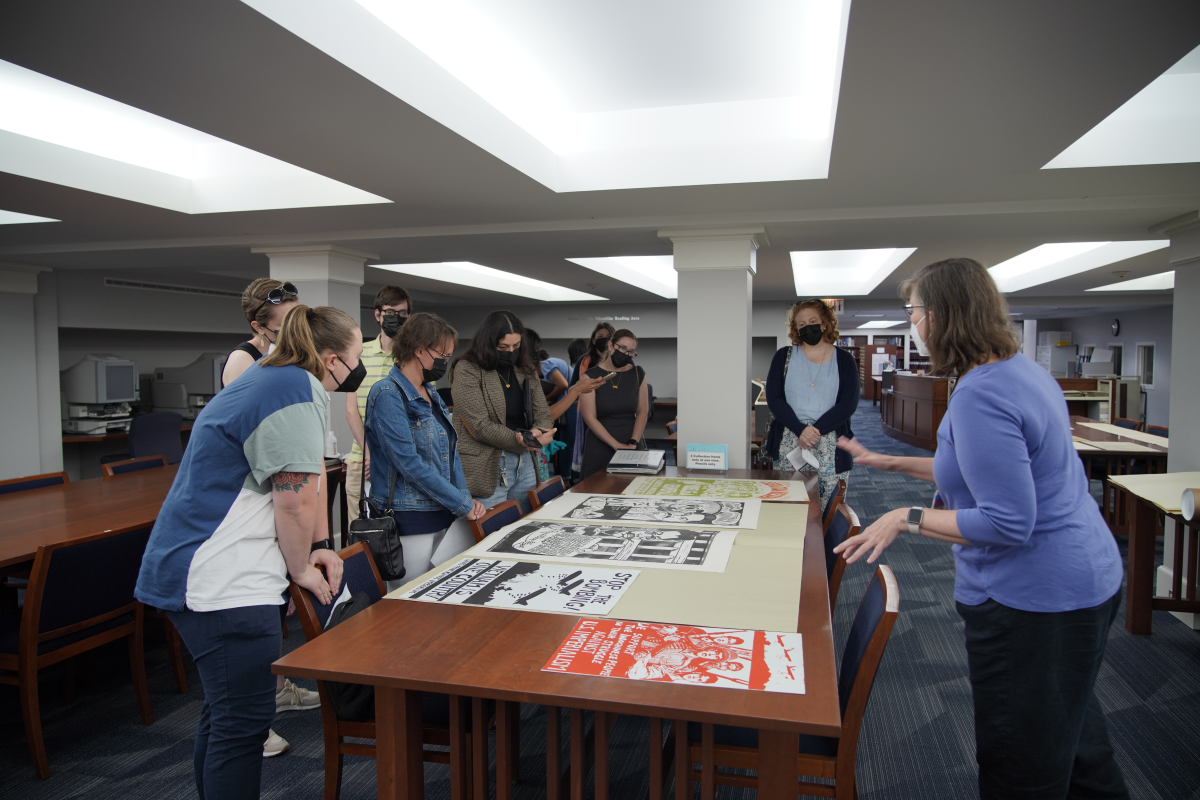
Frequently Asked Questions
What is the Abakanowicz Research Center?
Who can visit the Abakanowicz Research Center?
Why are masks still required?
How do I page materials?
Can I make photocopies or take pictures?
What if I'm unable to visit the Abakanowicz Research Center?
Support Our Research Collection
A gift of $50 or more will allow us to purchase published material for our collection. Published materials make up part of the ARC’s research collection and include both primary and secondary sources that document the city of Chicago, its people, its culture, and its industry. This collection is made available to all who visit the ARC.
As a token of our appreciation, all supporters who donate at least $50 can have their name placed on a bookplate on the inside cover of the book and a line of recognition in the online catalog record.
Help us make a lasting impact for researchers, curiosity seekers, and historians for generations to come!
For more information, contact Eva Rachau, director of development, at rachau@chicagohistory.org or (312) 799-2116.
